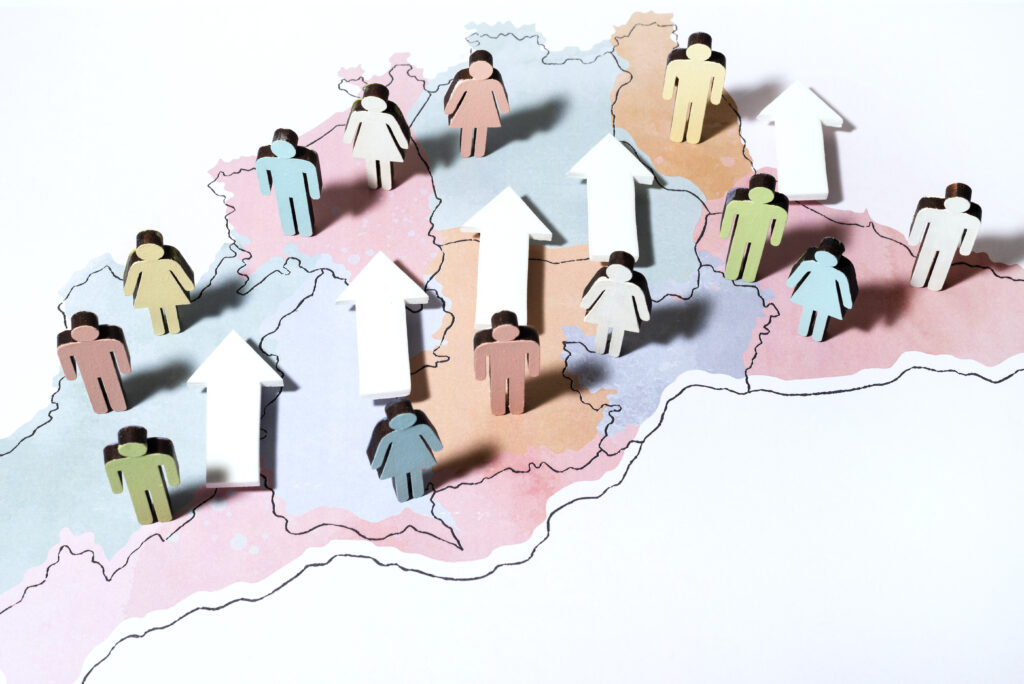Two days ago, Kenyans witnessed a shocking revelation from the Director General Macdonald Obudho, of the Kenya National Bureau of Statistics (KNBS). In a televised confession, he admitted that the bureau ‘smoothened census numbers to conform with the reality”. This revelation comes in the wake of a High Court ruling that nullified the 2019 census results for Garissa, Wajir, and Mandera counties due to doctored figures, calling for a repeat census in the affected areas.
Surely, statistics are the foundation of national planning and economic forecasting. Every policy decision, from resource allocation to development initiatives, relies on these figures. Painfully therefore, this confession raises a disturbing question: If KNBS ‘smoothens’ census figures, what else has been manipulated? Have economic growth rates, employment numbers, and inflation data also been altered?
Inaccurate census data leads to the misallocation of resources. Population data determines government funding for health, education, infrastructure, and social services. If certain regions are undercounted, they receive fewer resources than they deserve. Conversely, if numbers are inflated, some areas unfairly benefit. The impact is disastrous: hospitals without enough medicine, schools with inadequate teachers, and roads that remain unbuilt. Intriguingly according to the same KNBS report of 2023, census figures also influence food security, housing policies, and electoral boundaries, impacting parliamentary representation and democracy!
For years, I have relied on KNBS data to analyze national trends, make informed ecopreneur decisions, and also guide discussions in this column. Many Kenyans, including researchers, businesses, and policymakers, have done the same. Now, we must ask: Can we trust KNBS figures anymore? Statistics should be beyond reproach. Yet, the admission that numbers have been adjusted raises deep ethical concerns. If census figures are manipulated, can reports on GDP growth, unemployment, or inflation be trusted? Have our perceptions of economic progress been shaped by false data? If trust in KNBS is battered, suspicion will spread, affecting investor certainty and international integrity.
The Director General confessed that the problem originated from the 2009 census, where numbers in a particular region were exaggerated. He clarified that the issue was not with the 2019 census but rather the 2009 one, leading them to ‘smoothen’ the figures in 2019 to reflect reality. But two wrongs do not make a right. Admitting past errors does not justify present manipulation. In a credible statistical system, inaccuracies should be addressed through transparent audits, not secret adjustments. Presenting doctored data to Parliament, government agencies, and international bodies is deception.
The decision to nullify the 2019 census results in Garissa, Wajir, and Mandera was a courageous step toward accountability. Those who went to court to challenge the numbers deserve praise. Their actions prove that justice can be sought, even in technical matters such as census results. However, if discrepancies were found in these three counties, what about the rest of the country? How many other regions have been affected by statistical manipulation? More cases might have been filed, but many Kenyans trusted KNBS and accepted the numbers at face value.
History teaches us the dangers of statistical manipulation and I remember a BBC report in 2010 where Greece, falsified economic data contributing to a severe financial crisis that nearly collapsed the European economy. Kenya must avoid a similar fate. If we continue basing national policies on altered numbers, we risk making poor economic choices that could have devastating long-term effects. KNBS must undergo radical reform. The credibility of our national statistics must be restored through independent audits, transparent data collection, stricter penalties for falsification, and public accountability.
Kenya’s data must be like a tree. If its roots are manipulated, its growth becomes distorted. If its branches are unnaturally smoothened, it weakens and eventually collapses. Deprived of water, it withers; poisoned, it dies. A nation built on manipulated numbers follows the same fate. Only truth keeps it standing. Let us demand accuracy in our data before we watch our country crumble. Think green, act green.



